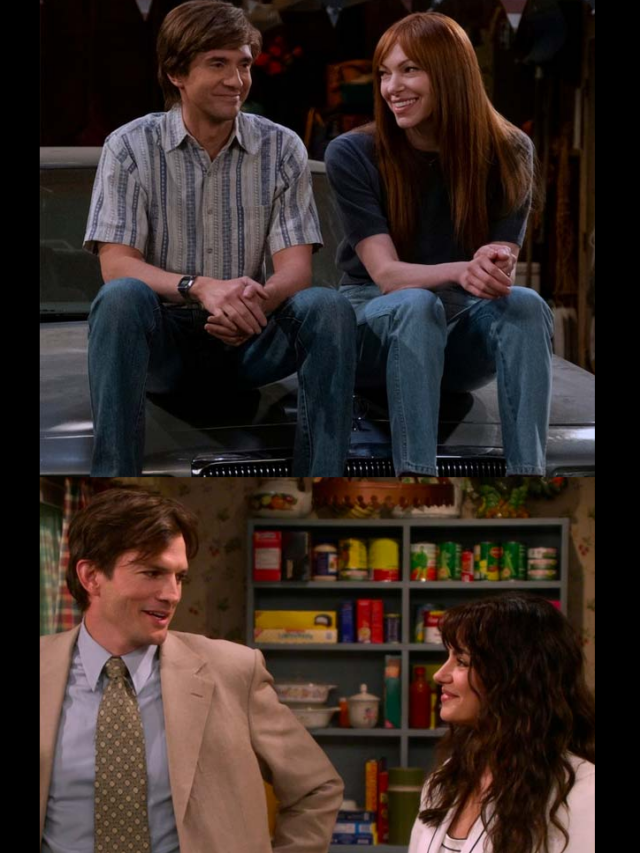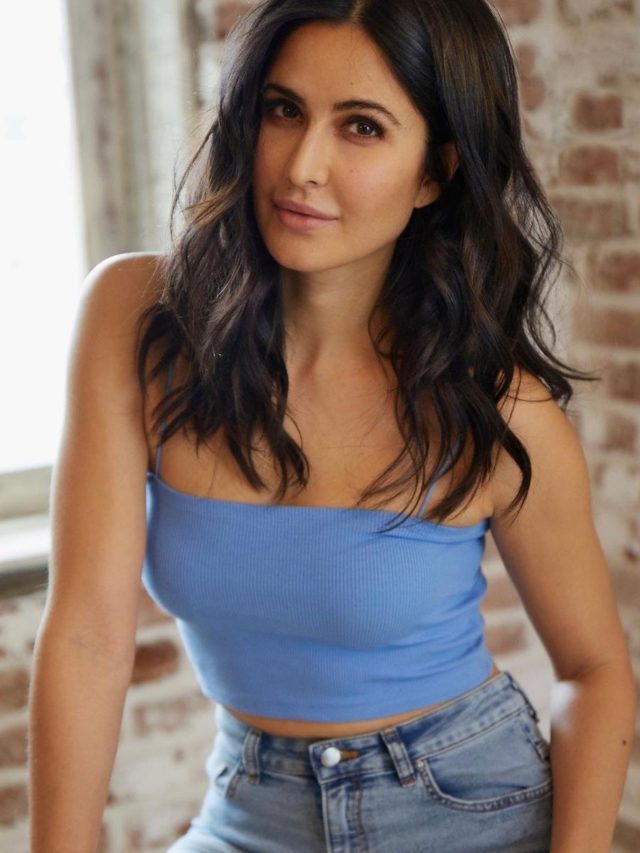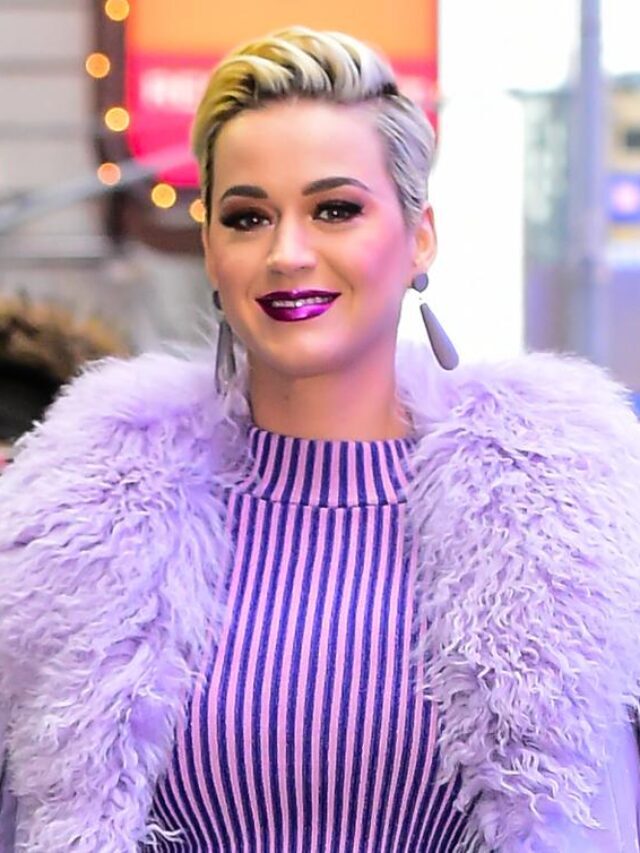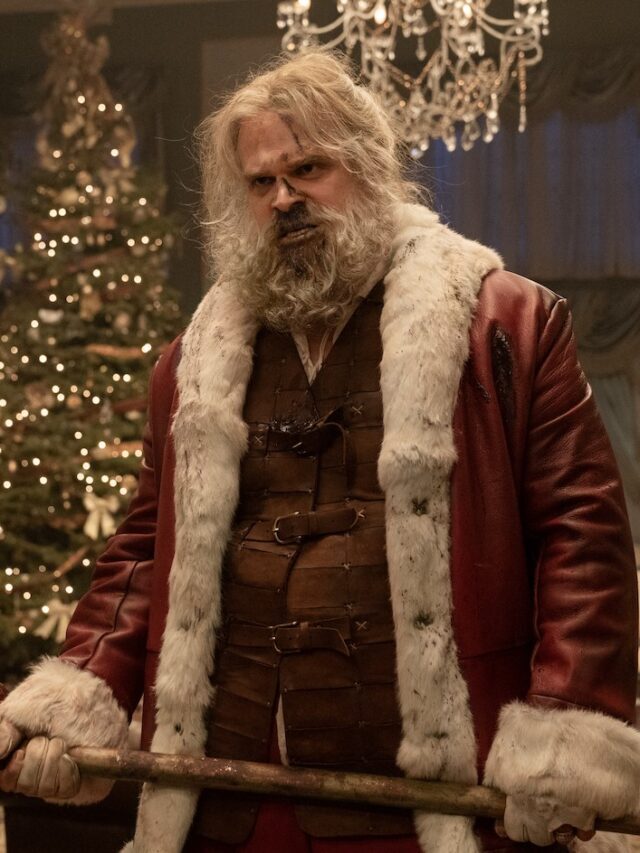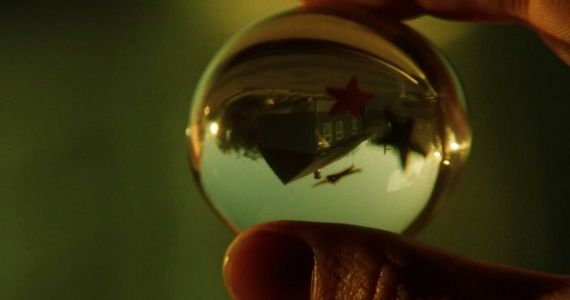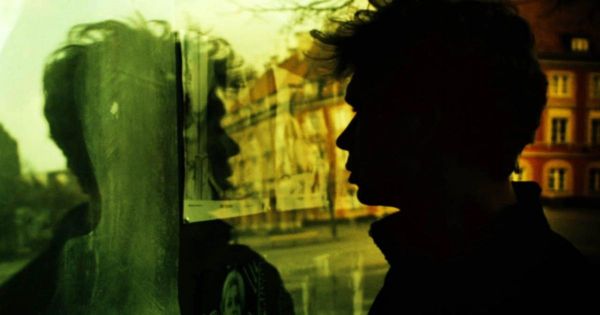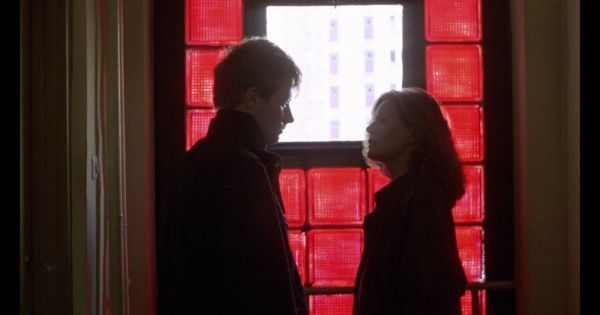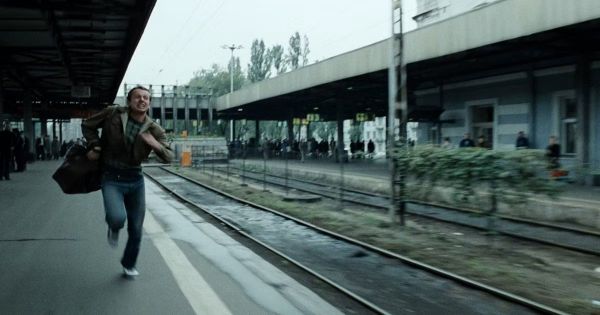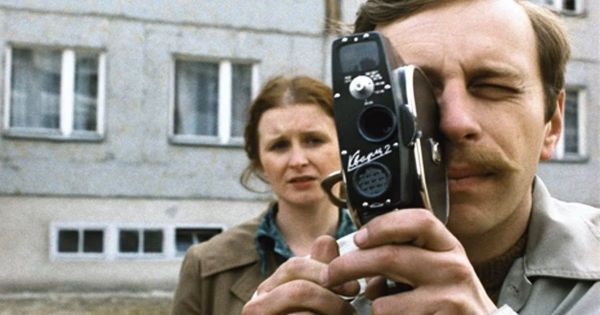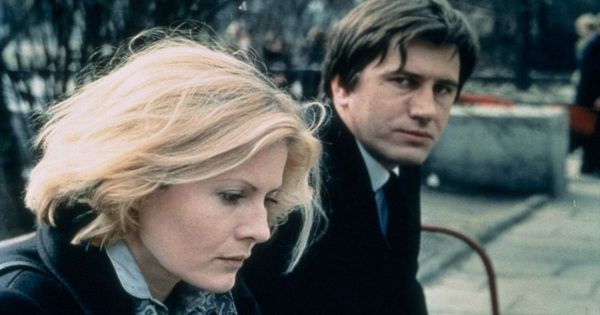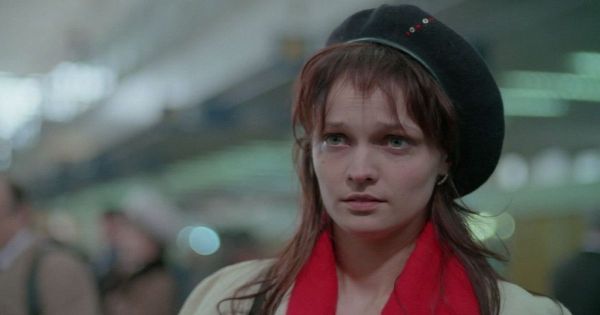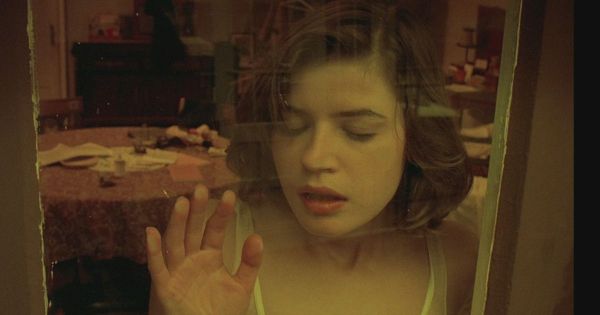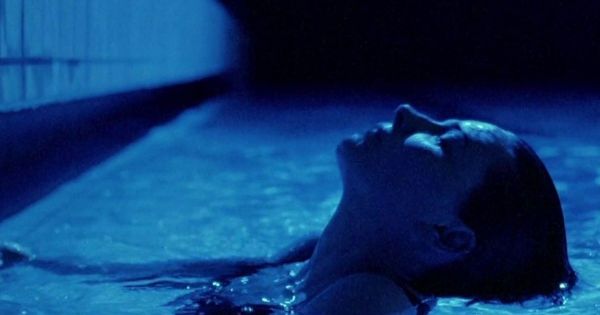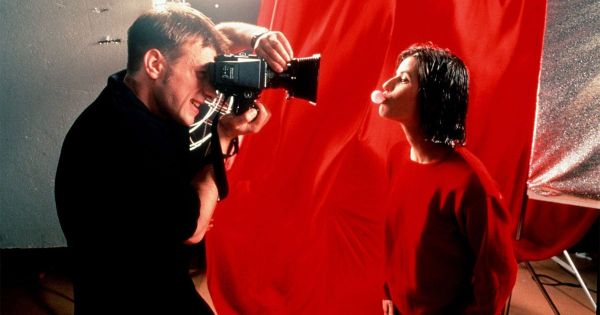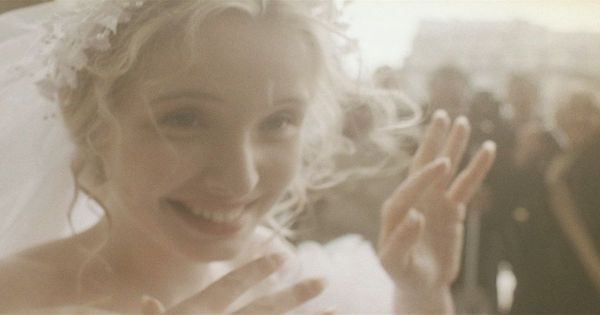Krzysztof Kielowski’s name belongs in the same top tier of European film as the names of the best and most important directors, such as Bresson, Tarkovsky, and Bergman. This Polish author is known for deep philosophical works that are among the best ever made.
He used to be very interested in theatre, but he eventually lost interest and switched to movies. In the late 1960s and early 1970s, he started his career by making documentaries and short films for Polish television. In 1975, he started a short, almost perfect 20-year career making beautiful, complicated movies that would make him one of the best directors in the world.
Today, his work is seen as what made Polish and European movies in the late 20th century what they were. He was one of the few great filmmakers who were able to show how the Soviet Union changed into Europe after it fell apart.
Critics and audiences alike love his movies because they appeal to everyone. Themes like freedom, love, death, morality, religion, desire, and existentialism have always been a part of the human condition. Kielowski’s deep interest in these topics has lasted through the years, as his work is just as important now as it was when it came out. These are his 10 best movies.
Table Of Content
A Short Film About Killing
Jacek gets into Waldemar’s taxi and tells him to take him to a faraway place. After that, he violently strangles him for no clear reason. In A Short Film About Killing, Kielowski uses this story as a way to talk about how the State kills people for no reason.
The film is one of two that are longer versions of The Decalogue, Kielowski’s 10-hour TV masterpiece. This version of the fifth chapter of the Decalogue is one of the director’s most praised works. It shows how well he can blend the personal and the political. The movie is also well-known because it helped get rid of the death penalty in Poland.
A Short Film About Love
A Short Film About Love is a film that is fun to watch from the outside. In this longer version of the sixth chapter of the Decalogue, a lonely 19-year-old man watches his 30-year-old neighbour, Magda, who likes to sleep around. Even though they seem to have little in common, when they meet, they find that they have a lot in common. Kielowski uses an unusual approach to show deep feelings about love in this film.
Blind Chance
Blind Chance was made in 1981, but Soviet authorities banned it for six years. It is a big step forward for both Kielowski’s style and for Polish cinema in general. Witek’s attempt to catch a train to Warsaw gives rise to three different stories that are told one after the other in the movie.
In each of the three possibilities, Witek does something a little bit differently, and these small changes have big effects on his future. In each case, he learns something about himself and about life. Many other movies, like the great Run Lola Run and the less great Mr. Nobody, were based on this one.
Camera Buff
The Polish director’s career starts and ends with Camera Buff. Even though politics are still present, this is the first time Kielowski moves away from a documentary-style approach and dives into deeper, more complicated ideas about what it means to be human.
In the book “Camera Buff,” the main character, Filip, buys a super 8mm camera so he can record the life of his new baby. As the first person in town to own a camera, he becomes very popular, and the head of the local communist party makes him the official photographer for the town. His view of life changes as he travels around the country to show his work, but his obsession with film makes things worse at home.
No End
The beginning of Kieslowski’s best work was the movie No End, which came out in 1998. In this sad story, which takes place in 1982 after the government banned the workers’ union Solidarity, the main character, Ulla, is a famous translator who is dealing with the death of her husband. She tries to deal with her sadness in different ways, but nothing seems to help.
No End is also the first time the director worked with the great composer Zbigniew Preisner and the unusual “writer” Kryzstof Piesiewicz. Piesiewicz was a lawyer who later became a politician, and he and Kielowski “wrote” movies together by talking about them a lot. The three of them would go on to make some of the best Polish movies ever made during the ten years they worked together.
The Decalogue
The ten one-hour films in this series are all about the ten commandments. They solidified Kielowski’s reputation and are one of the best things ever done in film. Each story in The Decalogue is simple but also has a lot going on. Together, they show the highs and lows of human life. All of them take place in the same high-rise apartment building in Warsaw, and the characters have to deal with very hard situations.
The twist is that the director shows how the commandments are broken every day and what happens to society as a result. Kielowski gets the best out of his large, amazing cast by directing them with a lot of attention to detail. This helps them show a world of emotions, sometimes even without words. The Ten Commandments is one of the most important works of ethics in art history, but it is never preachy or condescending.
The Double Life of Veronique
The Double Life of Veronique is one of the most moving movies ever made. The movie is split into two parts. The first is about Weronika, a happy Polish girl who lives in a sad place. She won an audition to be in a musical, but on the night of the show, she suddenly fell down and died. After the amazing shot of her soul flying above the audience, the movie cuts to the life of Veronique, a French music teacher who seems to be her double.
Both women, who are played by Irene Jacob, feel like something is missing in their lives, and the movie gives the impression that they are spiritually linked. Veronique also has a moment that changes her life, but unlike Weronika, she doesn’t die. Kielowski tells a complicated story about identity and love, but he doesn’t talk about them directly. Instead, he does so in a very subtle way, and the result is a beautiful meditation on everyday life. The Double Life of Veronique, his first movie shot outside of Poland, is also a metaphor for his journey as a director.
Three Colors: Blue
The colours are: The first part of the trilogy is called “Blue,” and it is about freedom. The plot follows Juliette Binoche as Julie, a woman dealing with the loss of her husband and daughter in a car crash. This visually stunning work uses the colour blue throughout the film to emphasise the emotional narrative and the depth of Julie’s feelings.
By expanding the idea of what freedom is and what it means, Kielowski uses one of Binoche’s best performances to take the audience on a journey through all the stages of grief. Accompanied by a powerful score, this is one of Kieślowski’s most alluring films.
Three Colors: Red
Kieslowski’s last movie was Three Colors: Red. He died a few months after it came out while having heart surgery at age 55. Even before this happened, he seemed to know that his life was about to end. He was very negative about the future, and he had already said that he would retire by the time the movie was finished. Even so, the movie is one of the best ever made and shows the human condition in the most optimistic way.
The story looks at the idea of brotherhood through the eyes of Irene Jacob, who plays Valentine, a model who becomes friends with a retired judge who spies on his neighbours. Kielowski’s metaphysical approach to the ideas of brotherhood and friendship makes us think about how chance affects our everyday lives and how everything is connected.
At the end of the movie, the characters from this movie and the other two movies in the trilogy end up meeting. This was not planned. In his last movie, the Polish director makes a beautiful statement about how people relate to each other. It’s probably his best work and the one most people can understand.
Three Colors: White
Kielowski ended his career with the Three Colors Trilogy, a triptych based on the French Revolution’s flag, which shows the three ideas of liberty, equality, and brotherhood. Out of the three, Three Colors: White is the one that gets the least attention, even though it is the best. This probably says more about how good the other two are than how good this one is, but it’s still a unique approach because it combines comedy and satire in a way that the other two don’t.
The plot of the movie is about a Polish man whose wife just divorced him because he can’t have children. His wife, played by Julie Delpy, is cruel and evil, but she shines in the role. The divorce has left him without money or a job, and he can’t go back to his hometown in Poland. The story is an interesting link between Kielowski’s native Poland and the rest of Europe where he lived in the 1990s, when his own short, sad life came to an end.
Our Team DCS includes 5 different writers proficient in English and research based Content Writing. We allow them and encourage them to follow the Entertainment news all day long. Our posts, listicles and even the exclusives are a result of their hard work.

